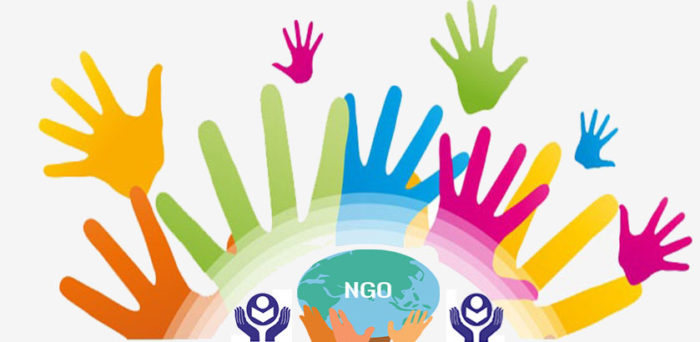By Aderogba George
An NGO known as “The Cognito Project” has made a case for the inculcation of sexual reproductive health education in school curriculum.
Mr Jang Charles, Research, Monitoring and Evaluation Officer of the NGO, made the call on Wednesday in Abuja at a workshop organised by KASA smart advocacy campaign project.
The News Agency of Nigeria (NAN) reports that KASA is a Ghanian term meaning voice, funded by African Women’s Development Fund (AWDF)
KASA project is aimed at assessing the knowledge of women, adolescent girls and maginalised groups in the community about their understanding of sexual violence.
Meanwhile, Charles said the NGO’s advocacy for sexual reproductive health followed their understanding of low knowledge of the context among the adolescent age of school girls.
He said the understanding of low knowledge of sexual violence among school girls also followed the research carried out by the NGO in four different states mainly Enugu, Kaduna, Nasarawa and FCT.
Charles said that his organisation was also carrying out campaign against sexual violence in three countries – Ghana, Nigeria and Senegal.
“In the course of the survey (research), we aggregated participants into various groups between ages, we discovered that among those adolescent girls, they really have little knowledge of sexual violence, except for the older ones.
“The advance stage from 41 to 60 years above knows what sexual violence is all about and they gave us the approaches on how to fight the menace.
“The young ladies couldn’t even relate that to either activities that happened to them directly or a friend; the older people gave us options and opinions as how to fight sexual violence; we have top nine as regards how to mitigate sexual violence.
“The top among the options on how to fight this menace is punishment such as life imprisonment, long term jail and death by hanging.
“Our message is to create awareness to those adolescent stage having little knowledge about sexual violence; we want to also advocate because part of the project is to use all the tools for advocacy to fight the menace.
“So we want to advocate that sexual reproductive health right should be in the school curriculum; once we begin to teach these little ones right from school, it will help to reduce sexual violence in the society,” he said.
Mrs Christiana Asala, Executive Director, the Cognito Project, stated that the result of the research carried out in Nigeria was shocking and disheartening to the NGO.
According to her, most of the respondents of the research alleged that police cover-up most of these cases when they report to them, and that they do not trust the law enforcement agents anymore.
She said that a lot of respondents of the research revealed that they don’t get justice when they reported cases of sexual violence to the law enforcement agents.
Asala said that the result of the research in those states revealed that until perpetrators are made to face punishment, otherwise sexual violence will never end in the country.
She also disclosed that the result revealed that a lot of women, especially the young girls, needed more sensitisation on what sexual violence was all about, adding that such result would motivate the NGO to do its work.
“We are hoping that with what their responses are, we will be able to call stakeholders against gender violence together and advocate for solutions.
“For example in the FCT, one of the major problems with this issue is implementation of the law, we don’t even have the response centre; the response centre against gender violence is not functioning at the moment.
“So where do people go to when these kind of issues happened, it is not enough to have policy document that is not made to work, why do we have governments that are made to care for these issues and are not functioning,” she said.
Mrs Dorathy Njemanje, Executive Director, Dorathy Njemanje Foundation (DNF), noted that Sexual and Gender Based Violence (SGBV) came in different forms such as verbal, physical and emotional and called for support system for survivors.
Njemanje, who owns a survivor referral centre in Abuja, stated that there was need for Public-Private Partnership (PPP) between government and owners of survivor centres to cater well for survivors of SGBV.
According to her, survivors centre needs to be supported by government in terms of supply of food and others, and that government must show adequate responsibility to those categories of people.
She said that access to justice would continue to dwindlie if government did not wake up to its responsibilities, and perpetrators would continue to have their way.
“We want partnership of corporate institutions, partnership of private individuals by throwing their weight behind the support service, provide the funding to encourage these people.
“We want the government to be responsible, we want every Ministry, Department and Agencies (MDAs) to be sensitive to the plight of these survivors,” she stressed. (NAN)




